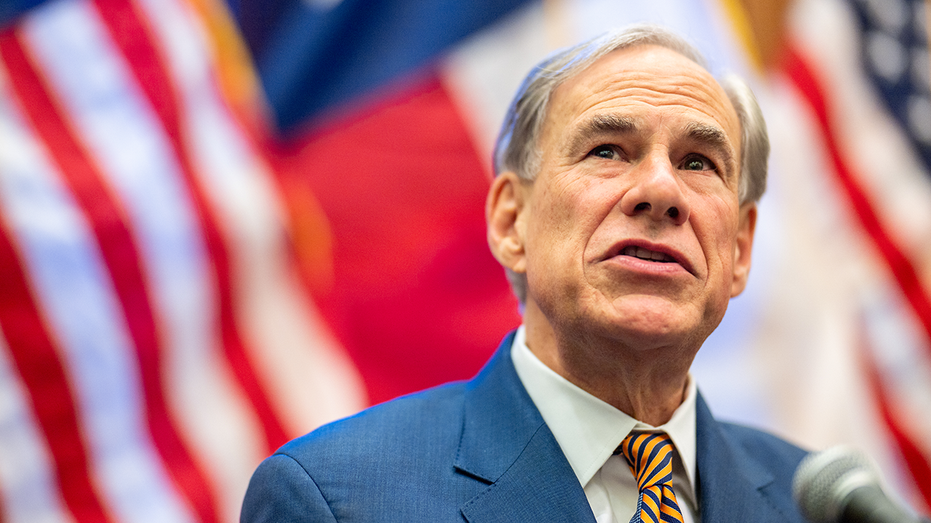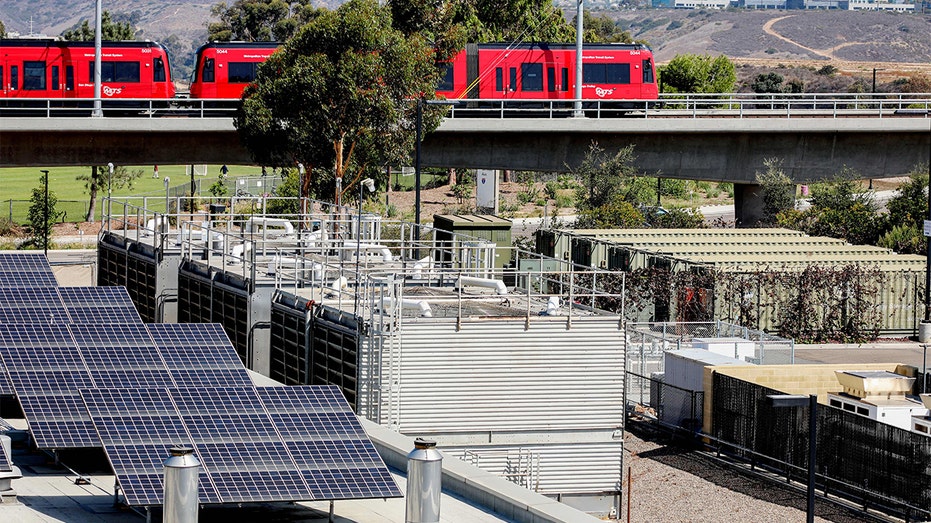The age-old warning rings true: if something appears remarkably advantageous, skepticism is warranted. A recent proposal regarding healthcare, suggesting direct financial assistance to individuals for purchasing their own plans, falls squarely into this category. While presented as empowerment, a closer look reveals a potential shift of benefit away from those who need it most.
The core of the issue lies in how healthcare subsidies currently function. They operate much like online discount codes, quietly reducing the cost of insurance premiums before you even see the final price. This system allows individuals to shop for coverage that fits both their health needs and their budget, with transparent pricing from the start.
The proposed alternative involves channeling funds into Health Savings Accounts (HSAs). On the surface, this seems appealing, but HSAs are intrinsically linked to high-deductible health plans. These plans offer lower monthly premiums, but demand substantial out-of-pocket expenses before coverage kicks in.
Consider this: the average family deductible for these plans approached $7,000 in 2025. Imagine facing a sudden illness or injury with that financial hurdle looming. Would you risk delaying care, potentially worsening your condition, simply because you can’t afford the immediate cost? Or would you be forced to sacrifice essential expenses like groceries?
For many families, the choice isn’t about preference; it’s about survival. This system doesn’t solve the healthcare affordability crisis; it exacerbates it, potentially driving families further into debt. The reality is, even with an HSA, a monthly premium remains due for coverage that may be inaccessible when needed most.
The inequity doesn’t stop there. The tax benefits associated with HSAs are disproportionately skewed towards higher earners. A wealthy couple earning $800,000 could save 37 cents on every dollar deposited, while a couple earning $30,000 receives a mere 12 cents – a staggering disparity.
This isn’t about improving healthcare; it’s about shifting the financial burden onto those least equipped to handle it, while simultaneously providing a tax windfall to the affluent. While the Affordable Care Act isn’t without its flaws, it currently offers a more equitable and accessible pathway to healthcare coverage than this proposed alternative.
The focus should be on genuine solutions to lower healthcare costs for everyone, not on schemes that promise empowerment but deliver increased financial strain and widened inequality. A healthy society requires a healthcare system that prioritizes well-being over wealth.






